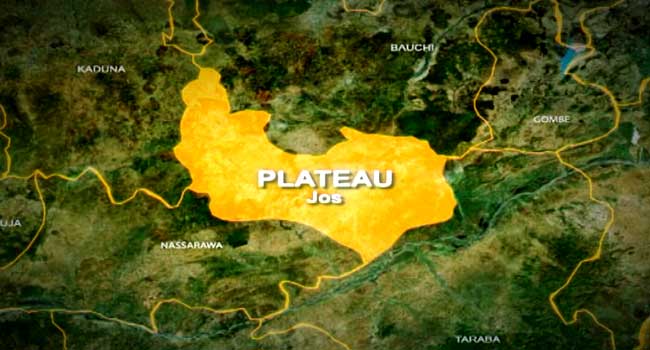The peaceful journey of a group of 31 travelers from the Basawa community in Zaria, Kaduna State, to a wedding celebration in Qua’an Pan LGA, Plateau State, was tragically interrupted by a brutal attack on Friday evening. Traveling in an 18-seater bus belonging to Ahmadu Bello University, Zaria, their route took an unforeseen turn as they sought directions, unknowingly leading them into a volatile situation near Mangu. What began as a simple request for guidance quickly escalated into a horrific display of violence, leaving at least twelve of the travelers dead and eleven others injured. The assailants, described as a mob, mercilessly attacked the travelers with an array of weapons. The bus driver was reportedly killed first, followed by other passengers, some of whom perished when the mob set the bus ablaze.
The attack sent shockwaves through the community, leaving families grief-stricken and the survivors deeply traumatized. Sheikh Suleiman Haruna, the Chief Imam of Jama’atu Izalatil Bid’a Wa’ikamatis Sunnah, confirmed the devastating news to journalists, revealing the grim task of recovering and identifying the victims. Eight bodies were initially recovered and transported to the Mangu General Hospital. A frantic search ensued for the remaining four missing individuals, with security personnel called upon to assist in the recovery efforts. The local authorities, including the chairman of Mangu LGA, were actively involved in addressing the aftermath of the attack, working alongside community leaders to provide support and seek justice for the victims.
One of the survivors, Ibrahim Umar, recounted the harrowing ordeal, describing how their attempt to clarify their route turned into a nightmare. After stopping to ask for directions, they were suddenly surrounded by a hostile group who, without provocation, began shouting threats and attacking them with an assortment of dangerous weapons. The sudden and unprovoked nature of the assault left the travelers with little chance to defend themselves. Umar’s testimony paints a chilling picture of the chaos and violence that erupted, with the mob’s aggression escalating rapidly from verbal threats to physical assault and ultimately, murder. The burning of the bus with the corpses inside further underscores the brutality of the attackers.
The horrific incident highlights the precarious security situation in parts of Nigeria, where communal violence and targeted attacks continue to pose a significant threat to the safety of civilians. The attack on the travelers from Zaria is a tragic reminder of the vulnerability of innocent people caught in the crossfire of such conflicts. The incident raises urgent questions about the effectiveness of security measures and the underlying factors that contribute to this type of violence. The targeting of travelers based on their perceived identity or origin underscores the need for stronger efforts to promote peaceful coexistence and address the root causes of inter-communal tensions.
The aftermath of the attack saw a flurry of activity as local authorities and security forces responded to the scene. The police, while acknowledging the incident, were initially slow to release a formal statement, promising to provide further details later. This delay in official communication can often fuel speculation and anxiety within affected communities. A swift and transparent investigation is crucial not only to bring the perpetrators to justice but also to rebuild trust in the ability of law enforcement to protect citizens and maintain order. The incident also underscores the need for improved communication and coordination between security agencies and community leaders to prevent such attacks and ensure a rapid response when violence does occur.
The attack on the travelers from Zaria is a stark reminder of the human cost of violence and the urgent need for greater security and peaceful coexistence in the region. The loss of life and the injuries sustained by the survivors have left a profound impact on their families and communities, while also raising concerns about the ongoing challenges of ensuring safety and security for all citizens. As investigators work to uncover the full details of the incident and bring the perpetrators to justice, the focus must also shift towards addressing the underlying causes of such violence and fostering a culture of peace and understanding. The healing process for the survivors and their families will be long and difficult, requiring ongoing support and a commitment from all stakeholders to prevent similar tragedies from occurring in the future.














